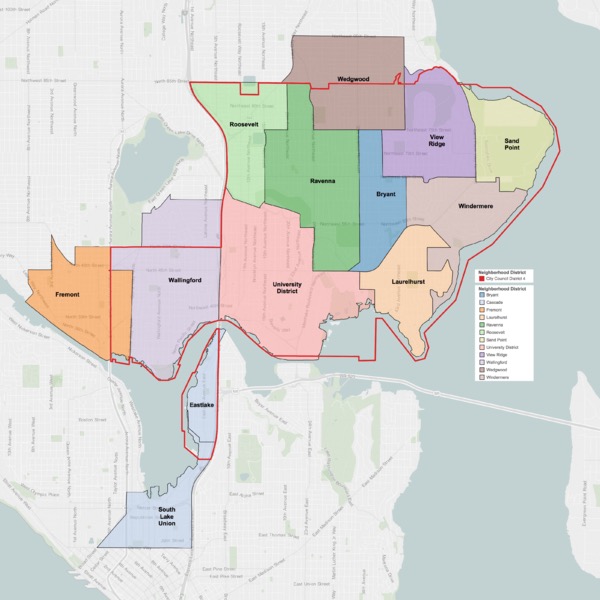Published on January 16, 2021

The University of Washington is studying a new way to track COVID-19 outbreaks in Seattle neighborhoods, and let’s just say they are not letting anything go to waste.
The College of Engineering is investigating a new large-scale testing method to detect COVID-19 in wastewater by pulling sewage samples from Seattle pump stations.
The goal is to quantify how many people in a specific community have COVID-19, which is partially shed through feces, in order to better track transmission and reduce the burden on individual testing facilities.
“Once we perfect our methods, we believe we will be able to track trends in COVID-19 in an area, possibly before individual testing,” said postdoctoral researcher Raymond RedCorn. “While we may not be able to determine the exact number of cases, we hope to be able to quickly and cheaply determine if an intervention is working for a specific neighborhood.”
The researchers began testing the water at pump stations in the University District following the outbreak among Washington Greek community which infected over 350 people.
The researchers emphasize that it could also be used among smaller communities like nursing homes to detect the presence of the virus before cases begin appearing.
“Across the world, people are thinking about using the sewer to check for the virus, but most focus on wastewater treatment plants, where the signal is very diluted as the wastewater comes together from all kinds of households and industrial facilities in the area,” said Civil and Environmental Engineering assistant professor Mari Winkler. “To locate the infection within a zip code, our idea was to check the pump stations.”
Winkler called the wastewater testing a “smoke detector” for health officials to be able to see where cases are seeing an upward trend and where they might be waning.
Continue reading at Seattle P-I.
Originally written by Callie Craighead for Seattle P-I.